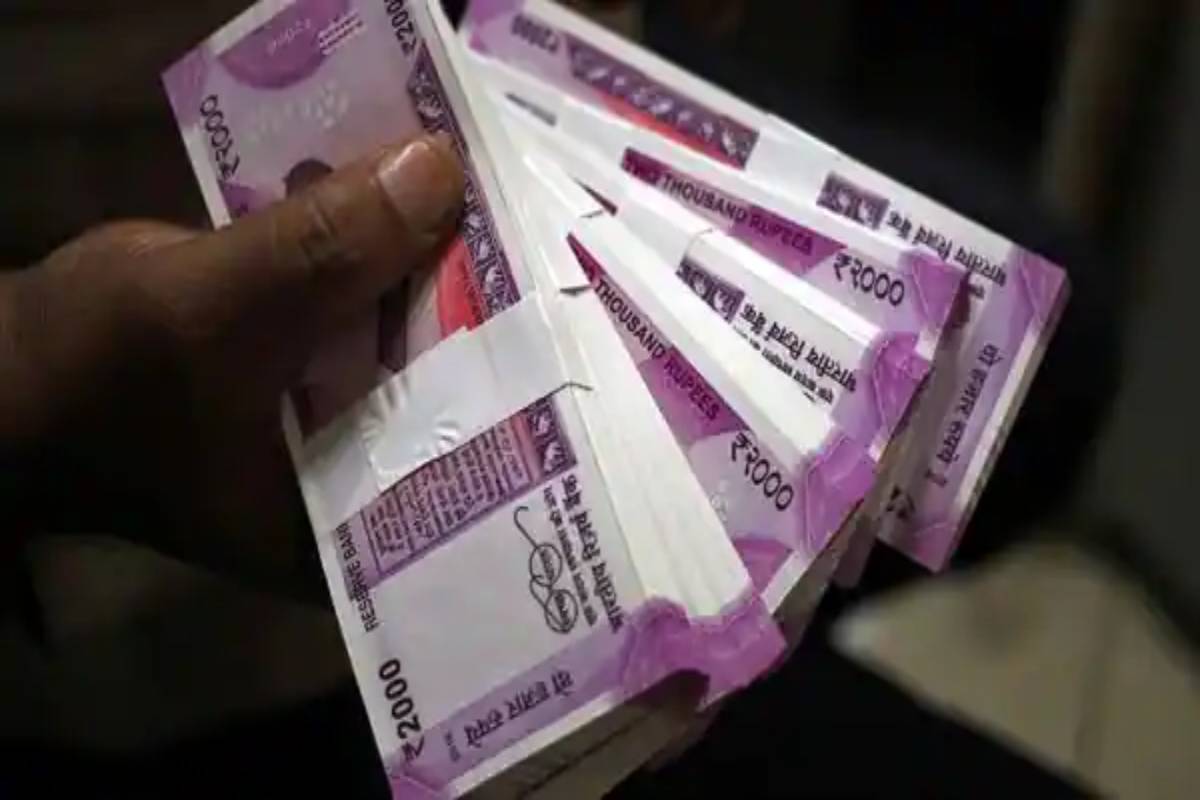“The gradual decline in the Union government’s fiscal deficit as a % of GDP, in line with the fiscal glide path envisioned by the government, is a result of careful fiscal management supported by buoyant revenue collection over the last two years,” according to the Economic Survey tabled by Finance Minister Nirmala Sitharaman in Parliament on Tuesday.
According to the survey, the fiscal deficit is expected to be at 6.4 percent of GDP in 2023.
Advertisement
The survey highlighted that conservative budget assumptions provided a buffer during global uncertainties. The resilience in the fiscal performance was due to a recovery in economic activity and buoyancy in revenues.
Gross Tax Revenue registered a Year on year (YoY) growth of 15.5 percent from April to November 2022, and the Net Tax Revenue to the Centre after the assignment to states grew by 7.9 percent on a YoY basis, stated the survey. Structural reforms like the introduction of Goods and Services Tax (GST) and the digitalization of economic transactions have led to the greater formalization of the economy and hence expanded the tax net and enhanced tax compliance. Thus revenues have grown at a pace much higher than the growth in GDP.
The Economic Survey highlighted that direct taxes grew at 26 percent Year-on-Year basis due to corporate and personal income tax growth in 2022. It further added that growth rates observed in the major direct taxes during the first eight months of 2023 were much higher than their corresponding longer-term averages.
“The GST taxpayers doubled to 1.4 crores from 70 lakhs in 2022. The gross GST collections were Rs 13.40 lakh crore from April to December 2022. Thus, implying a YoY growth of 24.8 percent with an average monthly collection of Rs1.5 lakh crore”, noted the survey.
It further highlighted that improvement in GST collections has been due to the nationwide drive against GST evaders and fake bills and systemic changes introduced such as rate rationalization correcting inverted duty structure.











